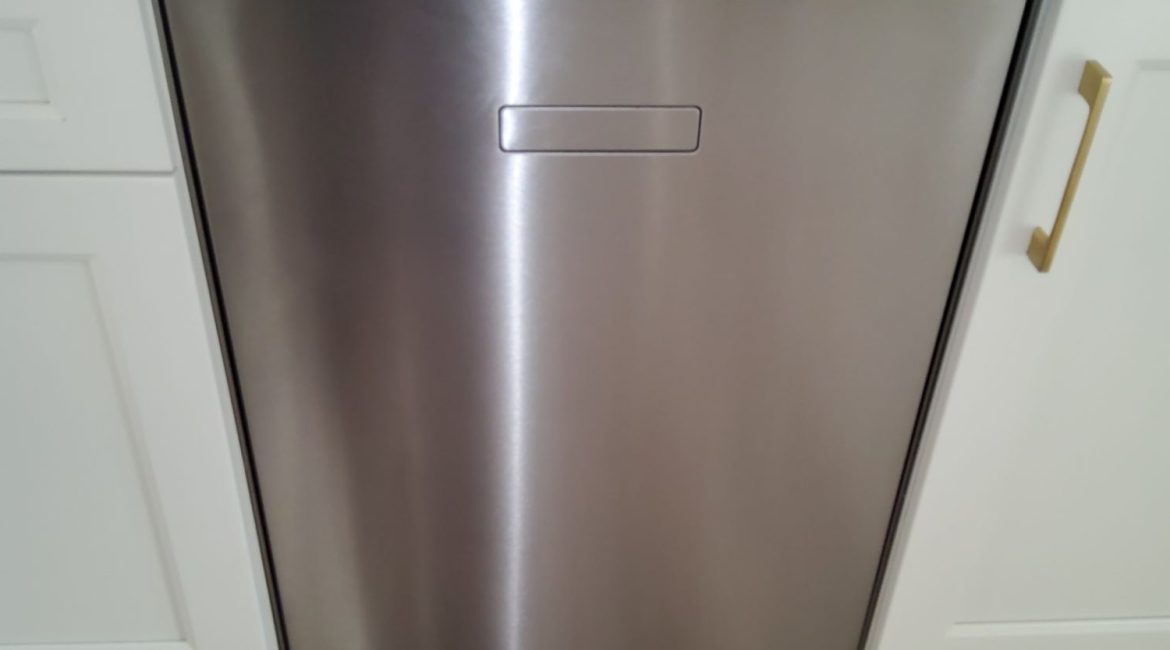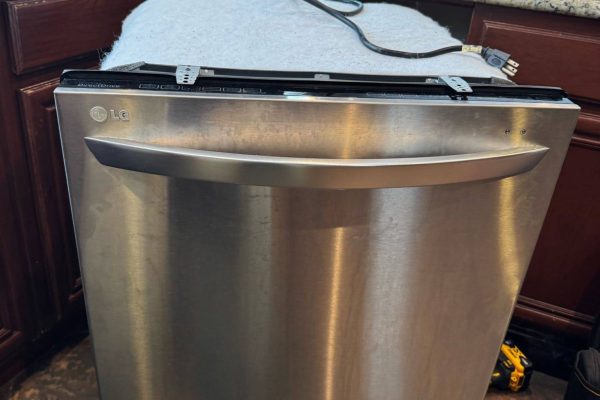A dishwasher is designed to make life easier by efficiently cleaning dishes while consuming less water and energy than traditional hand washing. However, certain issues can cause it to use more electricity than necessary, leading to higher utility bills. Identifying and addressing these problems can improve efficiency and extend the lifespan of your appliance.
1. Clogged or Dirty Filters
Dishwashers are equipped with filters to trap food particles and prevent them from redepositing on clean dishes. When these filters become clogged, the machine has to work harder to push water through, increasing both energy and water consumption. Regularly cleaning the filter ensures smooth operation and optimal energy efficiency.
2. Hard Water Deposits
If your home has hard water, mineral buildup can form inside the dishwasher’s pipes, spray arms, and heating element. This reduces the efficiency of the machine by forcing it to use more energy to heat water and clean dishes properly. Using a water softener or a dishwasher cleaner designed to remove limescale can help prevent this issue.
3. Overloading the Dishwasher
While it may seem like filling the dishwasher to maximum capacity saves energy, overloading can actually have the opposite effect. Overcrowded dishes block water and detergent from reaching all surfaces, leading to incomplete cleaning. As a result, you may need to run another cycle, consuming extra electricity and water. Loading the dishwasher correctly ensures even distribution of water and detergent, reducing energy waste.
4. Using the Wrong Detergent
Low-quality or incompatible detergents may leave residue on dishes, requiring additional rinse cycles or rewashing. Some detergents also work better at specific water temperatures, and using the wrong one may lead to inefficiencies. Always use a high-quality detergent recommended by the dishwasher manufacturer to ensure optimal performance.
5. Running Partial Loads
Running the dishwasher when it is only half full wastes both water and electricity. While modern dishwashers use less energy than older models, they still require a minimum amount of power for each cycle. Waiting until you have a full load before running the machine maximizes efficiency and reduces energy costs.
6. Selecting the Wrong Wash Cycle
Many dishwashers offer multiple settings, including eco-friendly and high-temperature cycles. Choosing the wrong cycle for lightly soiled dishes can lead to unnecessary energy use. Always select the most appropriate cycle for the level of dirt on your dishes to minimize electricity consumption.
7. A Malfunctioning Heating Element
The heating element is responsible for raising the water temperature to ensure effective cleaning and drying. If it malfunctions, the dishwasher may take longer to heat water or may not reach the necessary temperature, leading to extended cycles and increased energy use. A technician can inspect the heating element and replace it if necessary.
8. Leaky Door Seals
A damaged or worn-out door gasket can cause water leaks, forcing the dishwasher to use more energy to maintain pressure and temperature. Over time, this can significantly increase energy consumption. Checking the door seals regularly and replacing them when needed can prevent leaks and improve efficiency.
9. Ignoring Regular Maintenance
Dishwashers, like all appliances, require routine maintenance to operate efficiently. Failure to clean the spray arms, filters, and interior can lead to clogs, poor water circulation, and higher energy use. Regular maintenance ensures that all components are functioning optimally and prevents unnecessary strain on the machine.
10. Using Hot Water Inefficiently
Dishwashers rely on hot water for effective cleaning, but if the water entering the machine is too cold, the dishwasher will use extra energy to heat it. Ensuring that your home’s water heater is set to an optimal temperature (around 120°F) can help the dishwasher operate more efficiently.
Optimize Your Dishwasher’s Energy Efficiency
If you’ve noticed a spike in your electricity bills or suspect that your dishwasher is consuming more energy than usual, addressing these common issues can help restore efficiency. Regular maintenance, proper loading techniques, and choosing the right cycles can all contribute to lower energy costs.
If your dishwasher is still using too much electricity despite your best efforts, a professional inspection may be necessary. Oceanside Appliance Service Center specializes in diagnosing and repairing dishwashers to ensure they run efficiently. Contact us today to schedule a service appointment and reduce your energy costs.
Contact us


